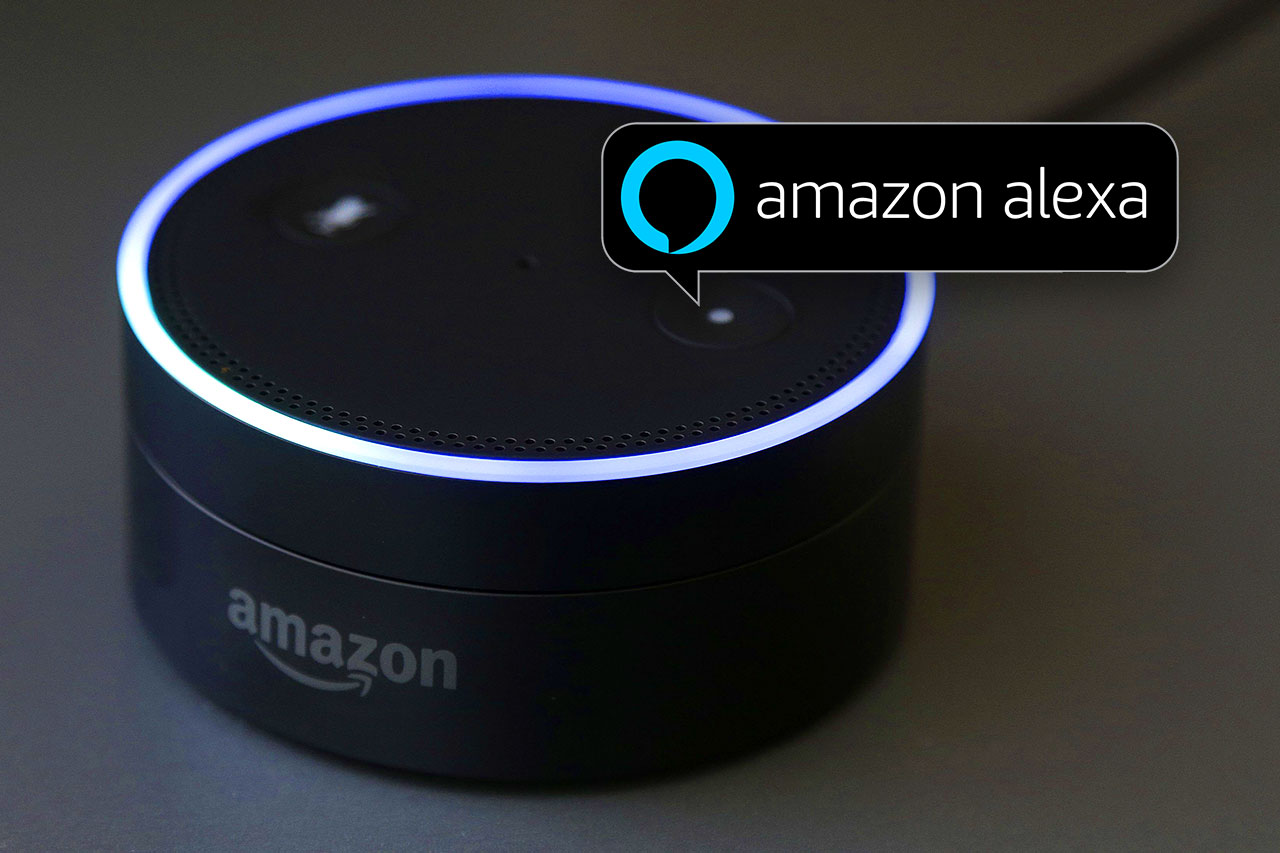Alexa is widely known as a multi-talented lady with a can-do attitude, always at the ready to make life easier by taking on those mundane everyday tasks we don’t want to do ourselves. Now it looks like she’s set to expand her skill set and launch a career in software development.
Who is Alexa?
Well, not so much “who” as “what”. Alexa is a virtual assistant tool created by Amazon.com, to accompany the Amazon Echo smart speaker range. It’s a cloud-based voice interaction service that can take instructions and simulate conversations with the user. Alexa can set up to-do lists and alarms, update users on the weather, news, traffic and sports, play music and stream podcasts or audio books.
Alexa can even connect with and control numerous smart devices, acting like a home automation system. Users can install additional apps to extend Alexa’s functionality as well.
Click here to see some examples of Alexa in action.
How is Alexa Changing the way Developers Work?
More recently, some forward-thinking software engineers have been looking at ways to outsource some of their work to Alexa. The virtual assistant could help to increase productivity and workflow by handling simple programming tasks, while the human developers concentrate on more important and complex tasks.
Software engineers work with millions of lines of code per project, and switch between multiple editing tools, each with their own unique syntax and rules. Frustrated with this time-consuming process, a graduate student at the University of British Columbia started experimenting with Alexa as a tool to help streamline things.
“Devy” is the name of Alexa’s new alter-ego, created by UBC software engineer Nick Bradley, with assistance from computer science professors Reid Holmes and Thomas Fritz. Devy is a “Conversational Developer Assistant” (CDA) designed to speed up development workflow.
Bradley, Holmes and Fritz tested Alexa’s abilities to help with the coding process. Could they ask it to complete a development task, the same way they would ask it to play a song or look up a recipe? To do this, they needed to teach Alexa some new key phrases, map different commands, and build a system that could automate commonly used multi-step coding tasks. After testing from engineers at local software companies, they received a lot of positive feedback. The only major drawback seemed to be the use of voice commands, which proved distracting in an open office environment.
While there is still more research and work to be done, innovations like Devy could have far-reaching implications for the way we work. If a virtual assistant can successfully be programmed to make coding less labour-intensive, it could also be programmed to help people in a range of professions, like accounting, medicine and law.
This is an exciting time to be working in the world of software development. To join the ranks of software pioneers like Nick Bradley and his team, get started with an online developer bootcamp at HyperionDev.


